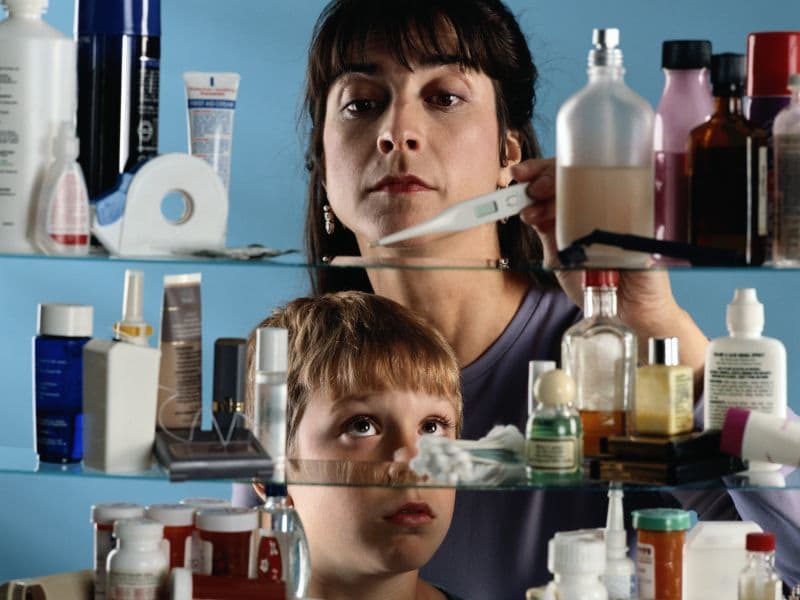
Kids are safer in states with strict gun laws, a new preliminary study reports. Researchers found that the stringency of a state’s firearm legislation has a direct impact on the number of kids killed by guns. Twice as many child gun deaths occur in states with the most lenient gun regulation, compared with states where… read on >





























